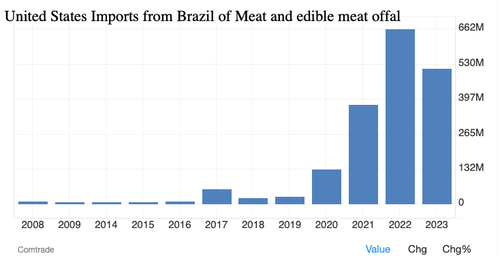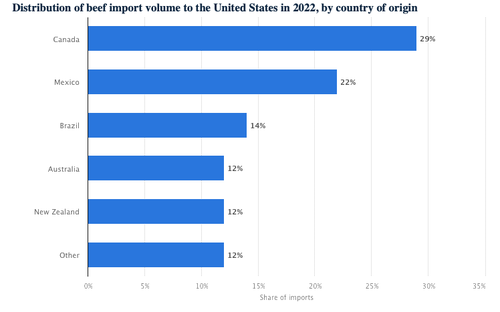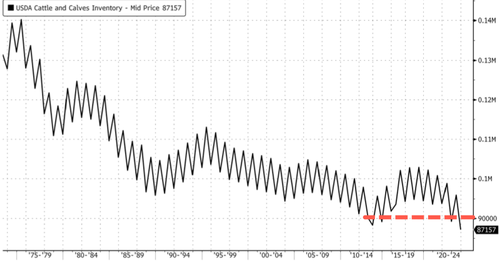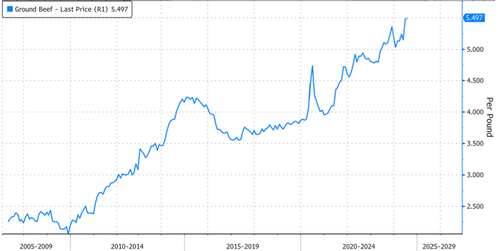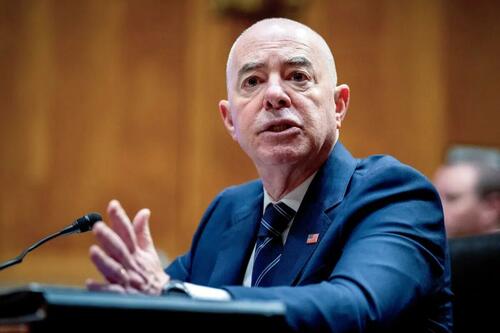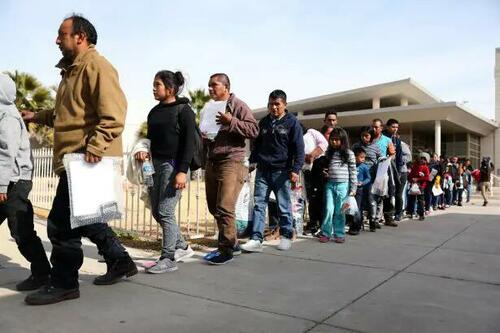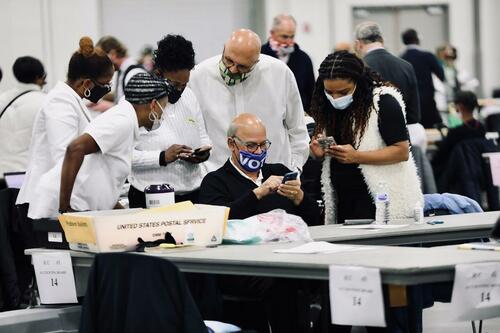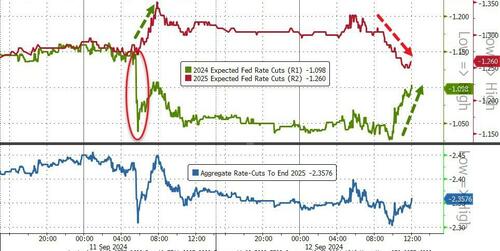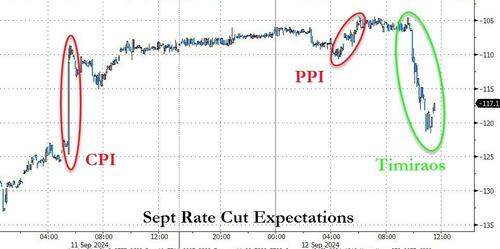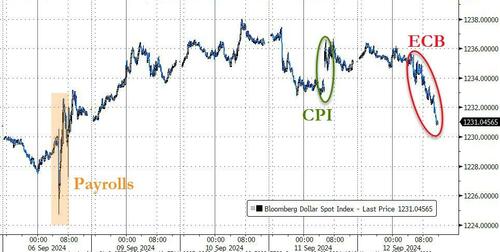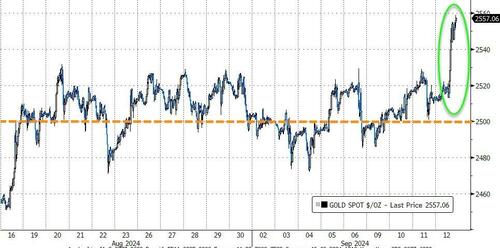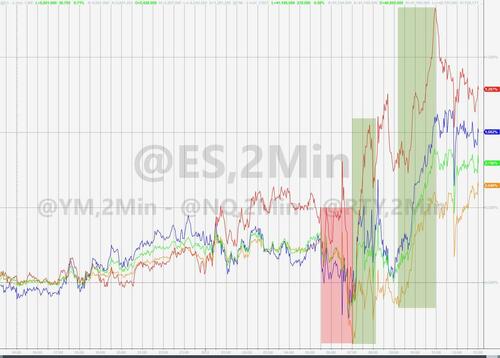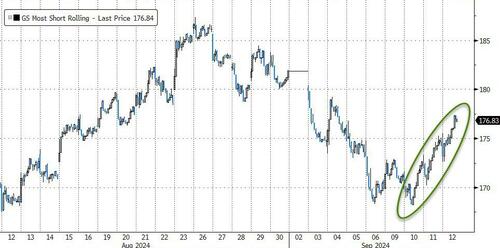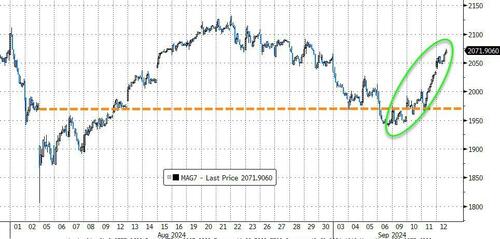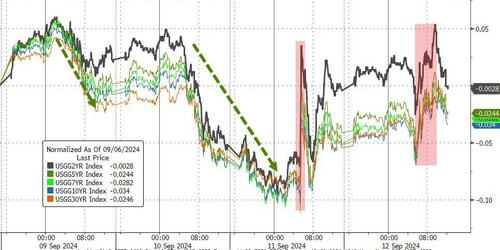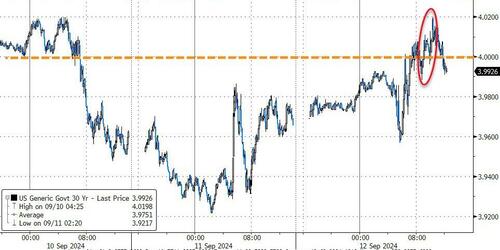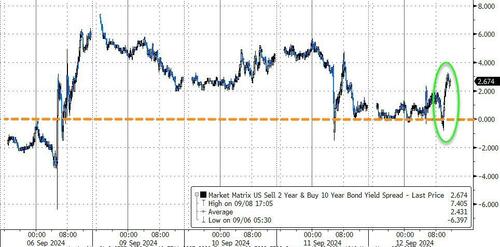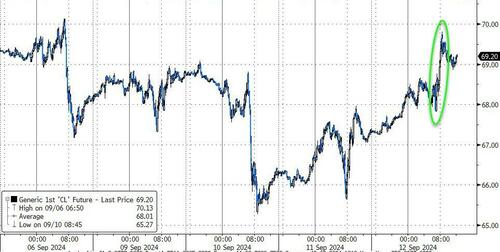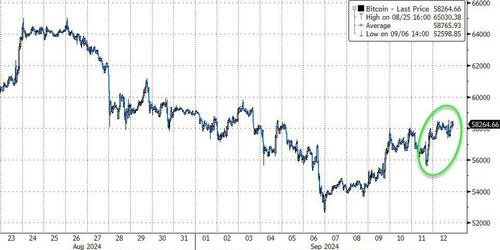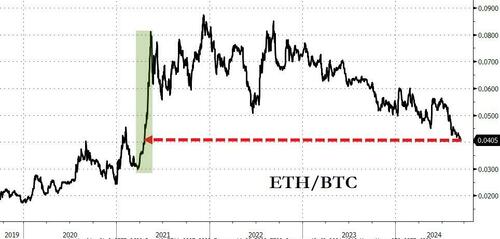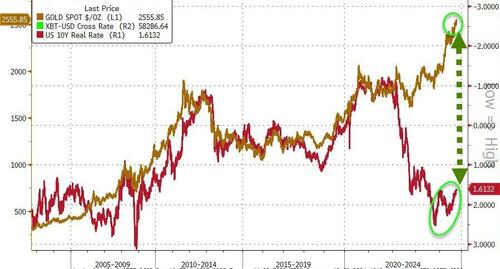Ohio Sending Troopers, Funding To Springfield Over Haitian Influx
Authored by Jack Phillips via The Epoch Times (emphasis ours),
Ohio’s governor says he is sending law enforcement officials and millions of dollars in health care resources to Springfield, a city at the center of a national spotlight on Haitian illegal immigrants.
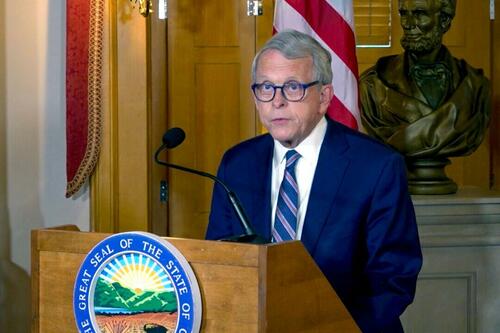
Gov. Mike DeWine, a Republican, said he doesn’t oppose the Temporary Protected Status program under which some 15,000 Haitians have arrived in the city of about 59,000 people since 2020. However, he said, the federal government must do more to help impacted communities.
In a news conference on Sept. 10, DeWine said that “dramatic surges” in illegal immigrants “impact every citizen of the community,” adding that the small Ohio cities of Lima and Findlay also have had influxes.
“The federal government simply has to be part of the solution,” the governor said. “They have to step up. It’s their policies that have created these surges.”
He said the influx affects “moms who have to wait hours in a waiting room with a sick child, everyone who drives on the streets, and it affects children who go to school in more-crowded classrooms.”
On Sept. 11, the Ohio State Highway Patrol is being dispatched to help local police with traffic issues in Springfield.
City officials and social media posts have indicated that Haitian drivers are frequently involved in accidents and crashes, the governor said.
“The goal, of course, is to reduce dangerous driving regardless of who the driver is,” he said.
DeWine said he is also earmarking $2.5 million over two years for more primary health care through the county health department and private health care institutions.
Controversy over migrants in Springfield erupted earlier this month after some social media users said that Haitian immigrants were eating people’s pets, as well as ducks from a park.
People who spoke at town hall events, videos of which were uploaded online, also said that the immigrants frequently crash their vehicles, camp, and squat on locals’ property, cannot speak English, and haven’t tried to assimilate into the broader American culture.
The allegations were enhanced by Sen. JD Vance (R-Ohio), the Republican vice presidential nominee, who said on social media that “people have had their pets abducted and eaten by people who shouldn’t be in this country.” He added that immigrants are allegedly “causing chaos all over Springfield.”
In a newer post on Sept. 10, Vance wrote that his office received inquiries about the claims and that it’s possible “that all of these rumors turn out to be false.”
In a statement on Sept. 10, Springfield Strategic Engagement Manager Karen Graves told The Epoch Times, “There have been no credible reports or specific claims of pets being harmed, injured, or abused by individuals within the immigrant community.”
Multiple requests to the Springfield Police Division for comment have not been returned.
Halt in Deportations
Earlier this year, the Department of Homeland Security announced Temporary Protected Status for Haitians who arrived in the United States before June 3, including those who entered illegally, protecting them from being deported back to Haiti.
DeWine’s family operates a charity in Haiti, which has built a network of schools. Earlier this year, a school founded by the charity was forced to close as armed gangs took over swaths of Haiti in the latest round of unrest to hit the impoverished country, the Ohio governor told reporters.
Long considered the poorest nation in the Western Hemisphere, Haiti has been beset by gang warfare since the country’s president, Jovenel Moise, was assassinated in July 2021. The U.S. Embassy currently lists the country as “Level 4—Do Not Travel,” because of crime, kidnappings, general unrest, and poor health care infrastructure.
“U.S. citizens in Haiti should depart Haiti as soon as possible by commercial or other privately available transportation options, in light of the current security situation and infrastructure challenges,” the embassy said in a bulletin last year, which hasn’t been updated.
The Associated Press contributed to this report.
Tyler Durden
Thu, 09/12/2024 – 19:00
via ZeroHedge News https://ift.tt/4nYchB2 Tyler Durden



